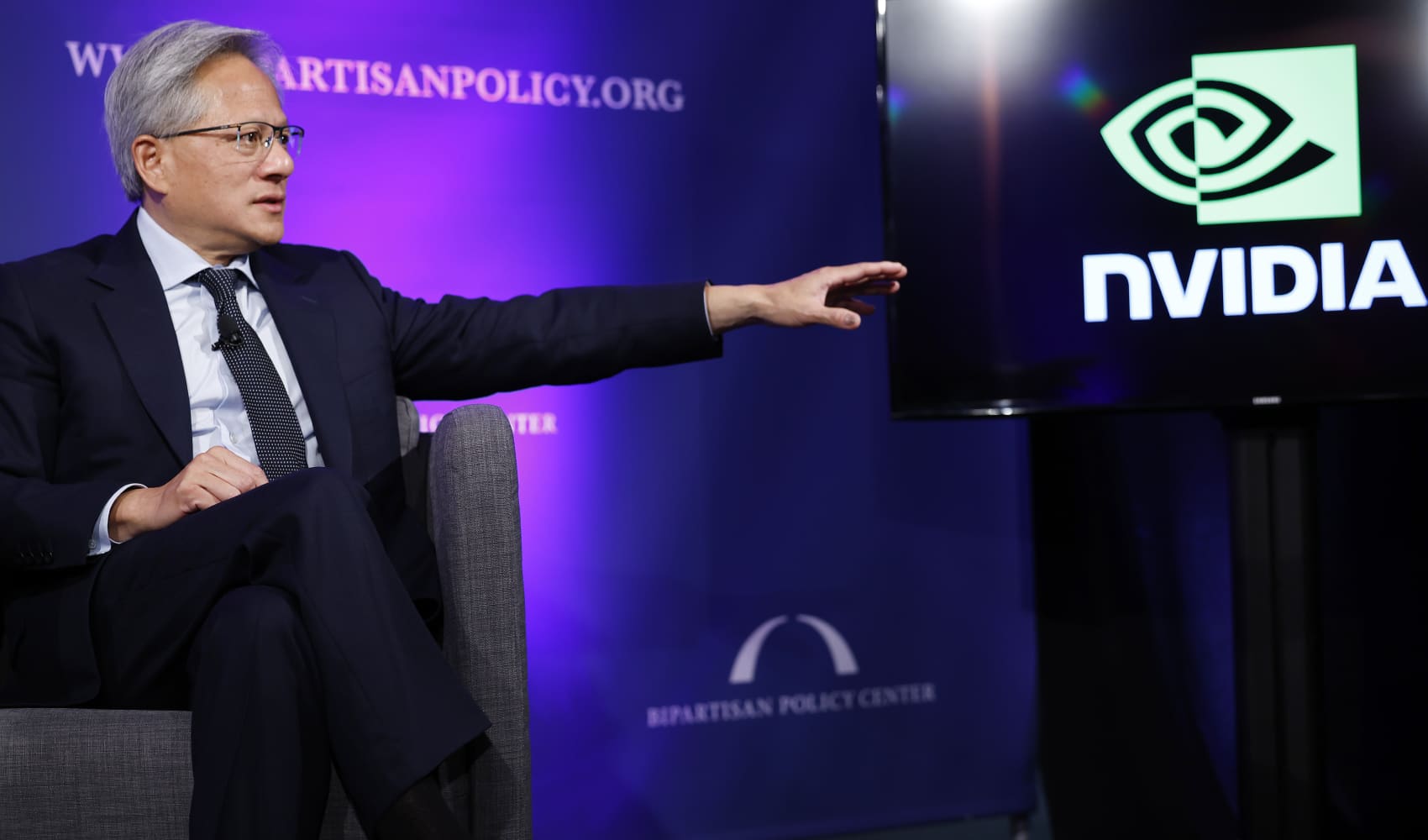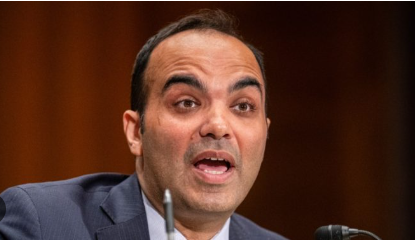On Thursday, the Consumer Financial Protection Bureau released a completed regulation stating that it will soon oversee nonbank companies that provide financial services such as wallet applications and payments.
The examination, which is intended to make sure the newer entrants follow the same rules that banks and credit unions do, would apply to tech titans and payments companies that process at least 50 million transactions a year, the CFPB said in a release.
Seven nonbanks are eligible for the further inspection, according to the CFPB. This would include peer-to-peer services like Venmo and Zelle, fintech companies like PayPal and Block, and payment providers like Apple, Google, and Amazon.

The new regulation enables the CFPB to treat tech firms more like banks, even though it previously had considerable jurisdiction over them due to its supervision of electronic financial transfers. It allows it to demand documents and conduct staff interviews by subjecting the companies to “proactive examinations” to guarantee legal compliance.
According to CFPB Director Rohit Chopra, “digital payments have evolved from a novelty to a necessity, and our oversight must reflect this reality.” “The regulation will assist in safeguarding against fraud, preventing unauthorized account closures, and protecting consumer privacy.”
The CFPB stated a year ago that it wished to expand its supervision to include internet and fintech firms that provide financial services but had evaded more scrutiny by collaborating with banks. More and more Americans are holding cash on their phones and making regular purchases via payment apps, which operate as de facto bank accounts.
According to the CFPB on Thursday, the most widely used apps covered by the regulation handle over 13 billion consumer payments annually and have become “particularly strong adopters” among users with low and moderate incomes.
The regulator said that what started out as a practical cash substitute has developed into a vital financial instrument that handles more than $1 trillion in payments between customers and their friends, family, and enterprises.
Companies that handle at least 5 million transactions a year would have been subject to some of the same scrutiny that the CFPB applies to banks and credit unions under the original proposal. The regulator stated Thursday that the final regulation increased that bar to 50 million transactions, reducing the additional capabilities from around 17 corporations to only seven.

The regulation does not apply to payment applications that are exclusive to a single merchant, such as Starbucks.
One of the few times that the U.S. banking sector has openly backed the regulator’s activities is the new CFPB regulation; banks have long believed that internet companies entering the financial services market should be closely watched. The regulation will go into effect 30 days after it is published in the Federal Register, according to the CFPB.
Expanded regulation of digital businesses may be in line with future CFPB leadership, but it is unclear if the incoming Trump administration would choose to repeal or alter the new rule.





